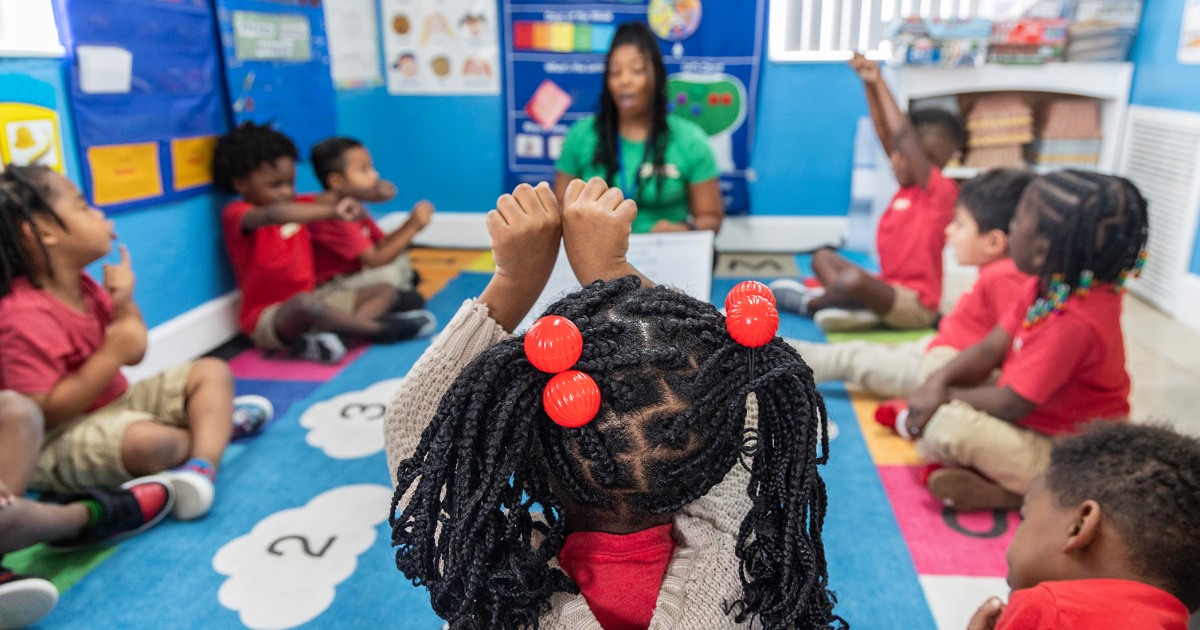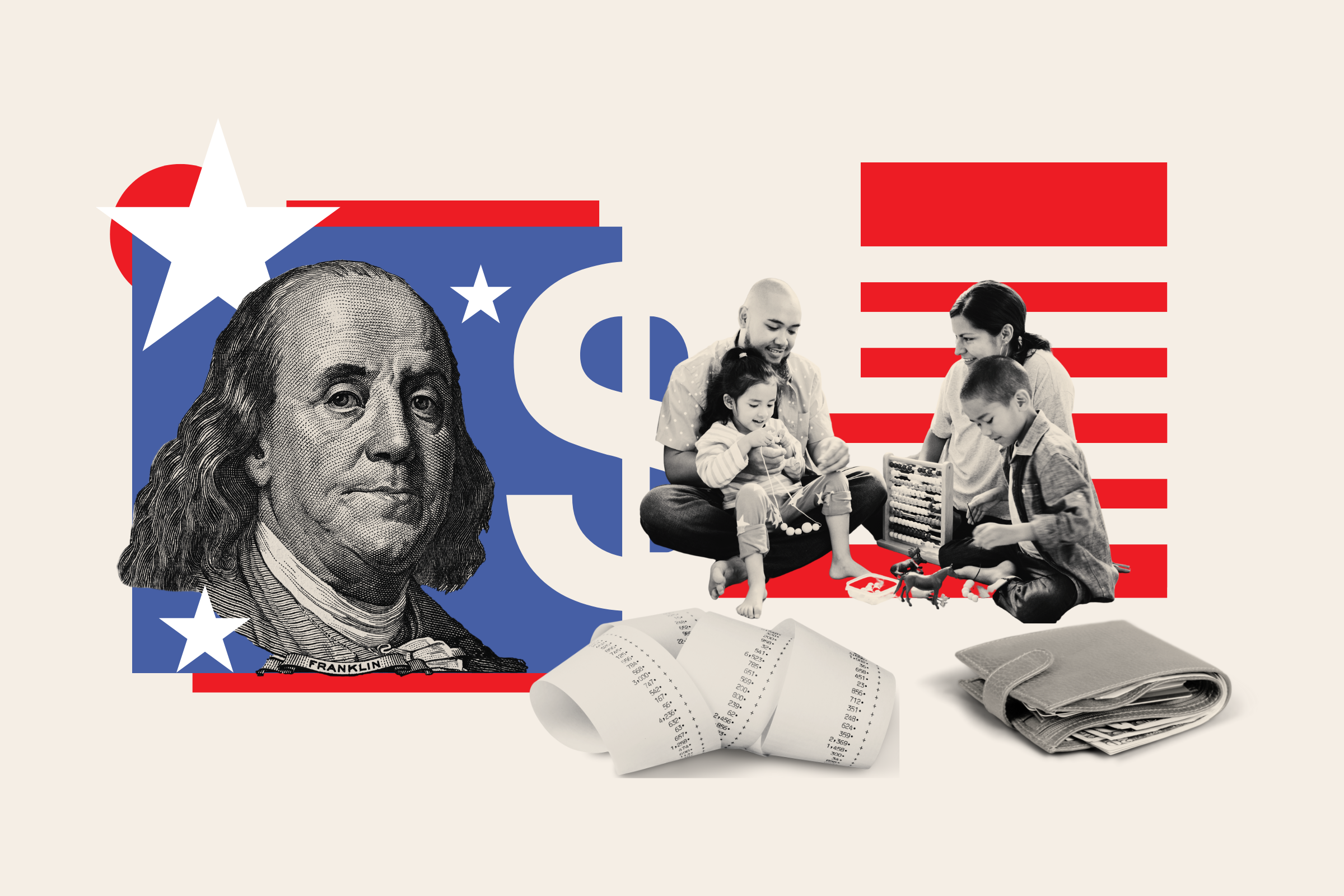






Child care expenses in the United States have escalated to levels comparable to rent for many families, with costs in 2022 ranging from $6,552 to $15,600 per child. This trend has been exacerbated by inflation, making child care increasingly unaffordable, as median annual rent was slightly lower than the upper range of child care costs [5a6668c0]. Families typically allocate between 9% to 16% of their income to child care, a burden that Gretchen Livingston from the Labor Department describes as untenable for many households. As the economy remains a top concern for voters—32% citing it as their primary issue in the 2024 election—74% of those experiencing severe inflation hardships are backing Trump, indicating a significant political impact stemming from economic distress [5a6668c0].
In response to the growing crisis, states like Colorado, Nebraska, Oregon, and Vermont are implementing economic development strategies to support child care expansion. For instance, Oregon allocated $50 million for child care grants focusing on rural areas, while Colorado's legislation passed in May 2024 aims to address a $2.3 billion economic loss attributed to child care shortages [68db2cde]. Vermont has also seen positive outcomes from its investment, with 10 new centers and 389 additional spaces created after a $20 million support initiative [68db2cde]. Anna Pickel opened Happy Go Lucky ChildCare in Portland, Oregon, in September 2024 after a three-year effort to expand from a home-based center to a larger facility, navigating infrastructure challenges including zoning and earthquake safety standards. Multnomah County is recognized as a 'child care desert,' with over three children per regulated spot, underscoring the urgent need for expansion [2de48b0a].
Proposals to alleviate the financial strain on families include expanding the child tax credit, which could provide much-needed relief. Over 13 million parents currently rely on paid child care, and studies show that a 10% increase in child care prices correlates with a 1% drop in women's labor force participation, highlighting the critical link between child care affordability and workforce engagement [5a6668c0].
The child care industry in the U.S. has shown resilience in the aftermath of the COVID-19 pandemic, with revenue reaching $68.5 billion in 2022, primarily driven by center-based care [b1b38546]. However, the sector is still recovering from significant employment losses during the pandemic, where child care employment decreased by 31%. Although wages for child care workers have surged more than 31% above pre-pandemic levels, the average annual wage remains low at $28,185, raising concerns about the sustainability of the workforce [b1b38546].
Meanwhile, a new survey by CouponBirds indicates that 68.5% of U.S. parents believe the country is facing a cost of parenting crisis, with many relying on their own parents for child care support to mitigate expenses [1034a153]. The rising costs of housing, food, and child care have forced 77% of parents to make financial sacrifices, with some delaying having children due to economic pressures [1034a153].
In China, affluent couples are increasingly hiring 'professional child companions' to fulfill parental roles, reflecting a growing demand for alternative child care solutions as traditional family structures evolve [9550cd89]. These companions, often graduates of prestigious universities, earn salaries between 10,000 to 30,000 yuan per month and take on responsibilities traditionally held by parents. This trend highlights the changing dynamics of child care practices globally and raises concerns about the implications for children's emotional development [9550cd89].
Moreover, China is experiencing a loneliness crisis, which is giving rise to a burgeoning 'companionship economy' projected to be worth up to 50 billion yuan by 2025. This economy includes paid companionship services that are becoming increasingly popular among young people, reflecting a significant shift in social dynamics and emotional consumption in contemporary Chinese society [f37d1b54].